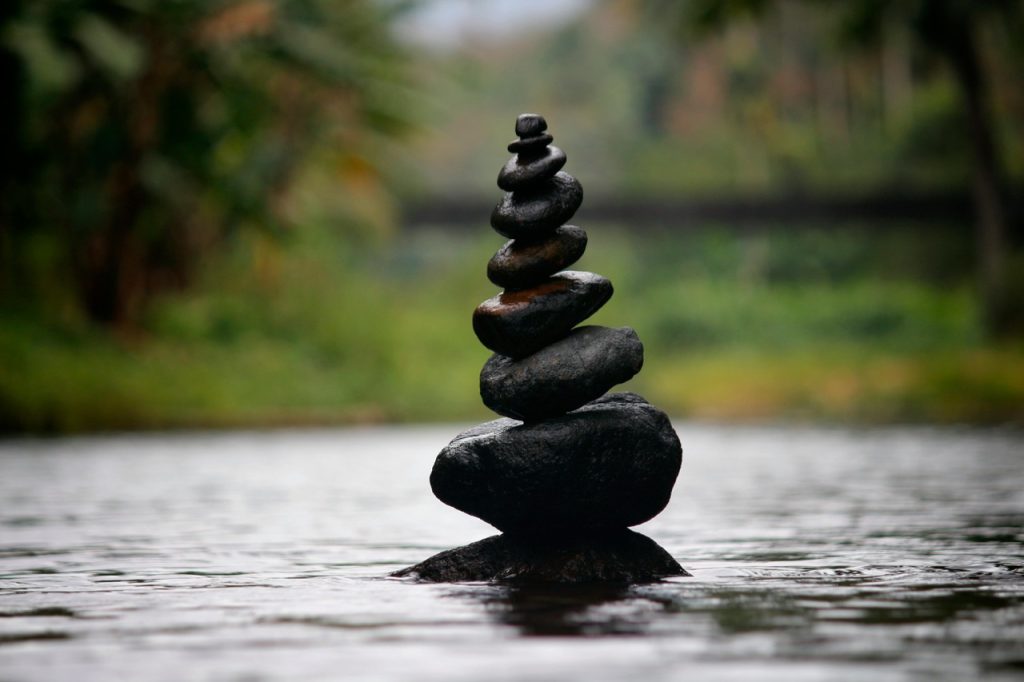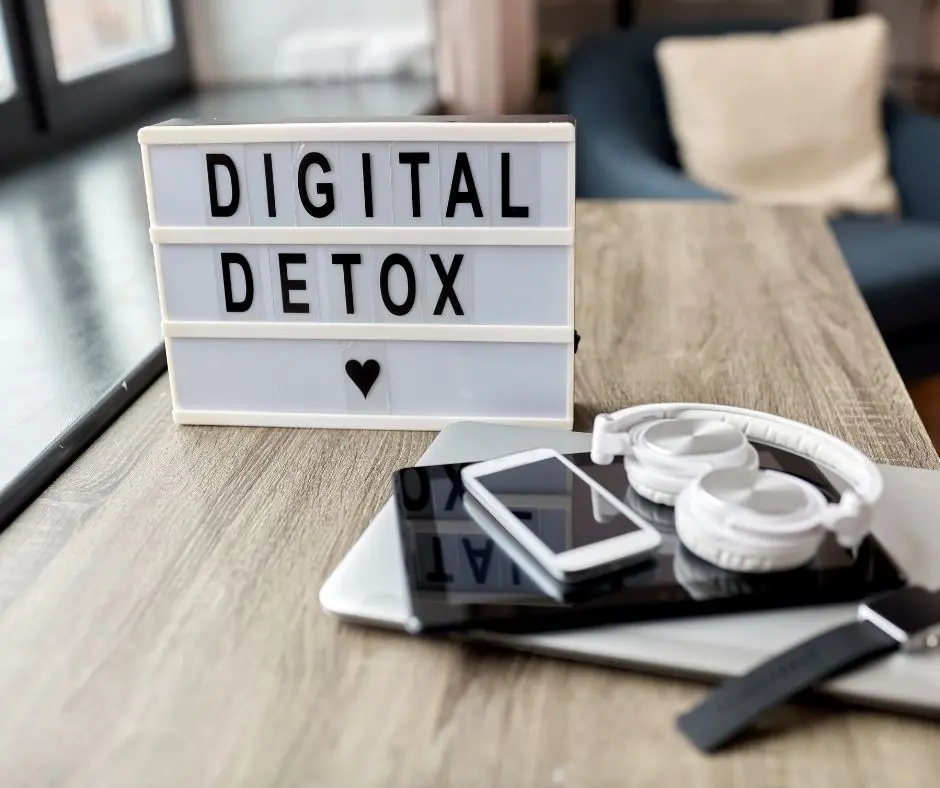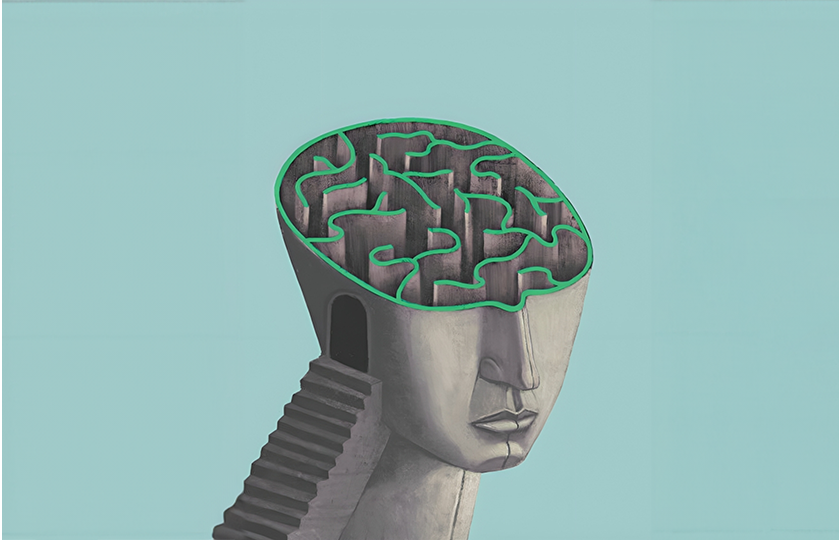In today’s fast-paced world, it’s easy to feel mentally overloaded. From never-ending to-do lists to constant digital distractions, our minds often race from one thought to the next, leaving us feeling drained, stressed, and unfocused. This constant mental clutter can prevent us from living fully in the present and may contribute to feelings of anxiety and overwhelm. Fortunately, there are effective techniques for quieting the mind and reducing mental clutter, allowing us to regain clarity, focus, and inner peace.
The Impact of Mental Clutter
What is Mental Clutter?
Mental clutter refers to the excessive, disorganized thoughts and worries that occupy our minds, often preventing us from thinking clearly or focusing on the task at hand. This clutter can be caused by various factors, such as information overload, stress, unprocessed emotions, and the constant barrage of digital notifications.
“Your mind is for having ideas, not holding them,“
says productivity expert David Allen, author of Getting Things Done. This quote emphasizes that mental clarity isn’t about eliminating thoughts altogether but rather learning how to manage and organize them more effectively.
The Effects of a Cluttered Mind
A cluttered mind can have several negative effects on our mental and emotional well-being. It can contribute to anxiety, make it difficult to concentrate, and even disrupt our sleep patterns. Constant mental noise also prevents us from being present in the moment, which can negatively impact our relationships and overall quality of life. When the mind is overwhelmed, it’s difficult to think creatively, solve problems, or make confident decisions.
Techniques for Reducing Mental Clutter

Mindfulness Meditation
Mindfulness meditation is one of the most effective ways to quiet the mind and reduce mental clutter. This practice encourages you to focus on the present moment without judgment, allowing you to observe your thoughts without becoming overwhelmed by them. By regularly practicing mindfulness meditation, you can create space between yourself and your thoughts, reducing the mental noise that often leads to stress and anxiety.
Start with just a few minutes each day. Find a quiet space, sit comfortably, and focus on your breath. When thoughts arise (as they inevitably will), acknowledge them, and then gently bring your focus back to your breathing. Over time, mindfulness meditation can help you develop greater awareness of your thoughts and emotions, reducing mental clutter and fostering a sense of calm.
Journaling to Clear Your Mind
Journaling is a powerful tool for organizing your thoughts and reducing mental clutter. When you write down your thoughts, worries, or plans, you effectively take them out of your mind and put them onto paper. This process allows you to externalize your mental clutter, giving you a clearer perspective on what’s truly important.
Set aside time each day or week to journal, focusing on whatever is on your mind. You don’t have to follow any specific structure—just write freely. The act of writing can help you process emotions, solve problems, and clarify your goals, making room for more focus and mental peace.
Digital Detox and Mindful Screen Time

Our digital devices contribute significantly to mental clutter, with endless notifications, emails, and social media feeds constantly competing for our attention. Taking regular digital detoxes, or at least being mindful of how much time you spend online, can help clear your mind and reduce stress.
Start by setting aside time each day to unplug from your devices. You could designate specific hours as “tech-free” zones, such as the first hour after waking up or the hour before bed. During this time, engage in non-digital activities like reading, walking, or spending time with loved ones. This practice gives your mind a break from the information overload and helps reduce mental clutter.
Decluttering Your Physical Space
There is a strong connection between our physical environment and our mental state. A cluttered, disorganized space can contribute to feelings of overwhelm and stress. Taking the time to declutter your physical surroundings—whether it’s your workspace, home, or digital devices—can have a calming effect on your mind.
Start with small, manageable areas, such as your desk or your bedroom. Organize your space in a way that feels calming and functional. By creating an external environment that is clear and orderly, you can promote a sense of mental clarity and reduce the feeling of chaos that mental clutter can cause.
Focus on One Task at a Time
Multitasking is a major contributor to mental clutter. When we try to juggle multiple tasks at once, our attention is scattered, making it difficult to focus on any one task effectively. Instead of trying to do everything at once, practice focusing on one task at a time. This technique is known as “single-tasking,” and it’s a powerful way to reduce mental clutter and improve productivity.
Prioritize your tasks by creating a simple to-do list at the beginning of each day. Tackle each task individually, giving it your full attention before moving on to the next. By single-tasking, you allow your mind to focus more deeply, leading to better results and less mental chaos.
Creating a Quiet Mind as a Daily Practice
Consistency is Key
Reducing mental clutter is not a one-time fix; it’s a practice that requires consistent effort. By incorporating mindfulness, journaling, digital detoxing, and decluttering into your daily routine, you can gradually create a quieter, more peaceful mind. These practices, when done regularly, will help you better manage stress, improve your focus, and create more space for joy, creativity, and clarity.
Conclusion
The quiet mind is not about silencing every thought but learning how to manage them so they don’t overwhelm or control you. By implementing these simple yet powerful techniques—mindfulness meditation, journaling, digital detoxes, decluttering, and single-tasking—you can significantly reduce mental clutter and create a more peaceful, focused, and balanced life.
As you begin to quiet your mind, remember that progress takes time. Be patient with yourself and trust that each small step you take is bringing you closer to mental clarity and inner peace.
To support your journey in decluttering your mind, we recommend trying the guided meditation titled “Stop Overthinking.” This meditation is designed to help you gently let go of excessive thoughts and worries, creating more mental space for calm and clarity. You can access it below.



